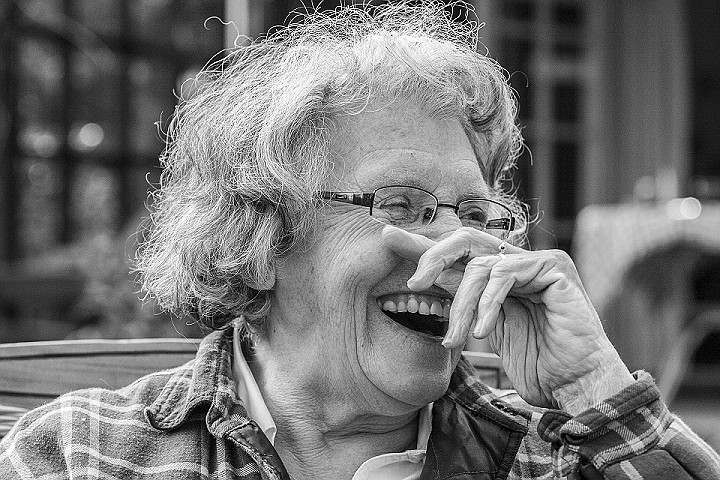What People in their 90s Regret the Most
March 7, 2022 at 4:49 p.m.
The author is a minister in a church with an aging base of congregants who works primarily with people over age 60.
“I came into my job assuming that I, a Korean-American woman in my mid-30s would not be able to connect with these people from a completely different racial and cultural background. It did not take long for me to discover how very wrong I was.”
Not only did Sohn deeply connect with the elders in her church, but she realized that her assumptions about older people were wrong. “We all have joys, hopes, fears and longings that never go away no matter how old we get,” she writes in the article.
Her quest began when a woman in her 80s came to her, sharing her distressing story of falling in love with a married man. “I was bewildered by this realization that people still fall in love in that teenage, butterflies-in-the-stomach kind of way even into their 80s.”
Intrigued, Sohn decided to research the internal lives of older people, and she interviewed several people in their 90s. “I did not hold any of my curiosity back and asked them my burning questions about their fears, aging, sex lives or lack thereof. Fortunately, I had willing partners…” she writes.
She asked about regrets, the happiest times of their lives, relationships, accomplishments, and thoughts on death and dying. The results of her conversations were eye-opening for her.
Regrets: Most regrets revolve around fractures in family relationships.
Happiest times: All recalled that the happiest times in their lives were when their spouses were still alive and their children were still living at home. Paradoxically, this time can also be the most stressful time in a person’s life. Yes, they agreed. Stressful, but still the happiest.
Love: Sohn learned that while some considered their long-term spouse to be the love of their lives, it was not always the case. However, in either case, all made the effort to keep their marriages working.
Sex: A sense of passion was alive in these 90-somethings, and they continued to experience intense attraction to others. “They still longed to be wooed and pursued.” Companionship, however, became much more important to them than sex as they grew older.
Looks: Sohn found that for people who were considered highly attractive in their youth or who were known for their athleticism, losing one’s looks and physical prowess was much more difficult for them. This aspect of aging seemed the most difficult for people in their 70s. But that particular type of anguish diminished as they grow older.
Accomplishments: It’s not a lack of accomplishments that people lament. “Their joys and regrets have nothing to do with their careers, but with their parents, children, spouses and friends.”
Death and Dying: It’s not death that most people fear, it’s the difficulties of the dying process. They don’t want to be in pain, to lose their memories, or be a burden to others.
Before she began the project, Sohn writes “I assumed the elderly lost their vibrancy and thirst for life. That couldn’t be further from the truth,” she concludes. “They still laugh like crazy, fall in love like mad, and pursue happiness fiercely.”
The original article was published in Considerable.com, a media brand working to redefine what it means to grow older and are looking forward to what’s next. Read the full article at: https://www.considerable.com/health/aging/regrets-old-age/





